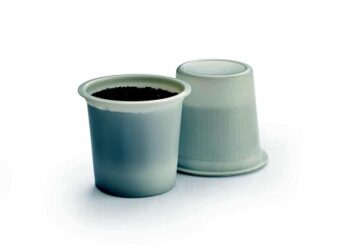A recent study has found that two types of algae commonly available in commercial products are rich in protein and can support muscle development in young, healthy adults. The findings indicate that algae could be a viable and environmentally friendly alternative to animal-based protein for maintaining and building muscle.
Animal-derived protein sources are known to effectively stimulate muscle protein synthesis both at rest and after exercise. However, concerns about the ethics and environmental impact of animal protein production have led researchers to investigate plant-based alternatives, such as algae.
Researcher Ino Van Der Heijden from the University of Exeter said: “Our work has shown algae could become part of a secure and sustainable food future. With more and more people trying to eat less meat because of ethical and environmental reasons, there is growing interest in nonanimal-derived and sustainably produced protein. We believe it’s important and necessary to start looking into these alternatives and we’ve identified algae as a promising novel protein source.”
The study focused on spirulina and chlorella, two well-known types of algae that are cultivated under controlled conditions and contain high levels of protein and micronutrients. The researchers wanted to determine whether spirulina and chlorella could stimulate myofibrillar protein synthesis in humans.
To investigate this, the researchers conducted a double-blind trial with 36 healthy young adults. After completing a leg exercise, participants consumed a protein drink containing 25 grams of either fungal-derived mycoprotein (a high-quality non-animal protein source), spirulina, or chlorella. Blood and muscle samples were collected over a four-hour period to analyze amino acid concentrations and myofibrillar protein synthesis rates.
The results showed that protein ingestion increased blood amino acid concentrations, with the highest levels observed in the spirulina group. Myofibrillar protein synthesis rates also increased in both muscles at rest and after exercise, and there were no significant differences between the algae groups and the mycoprotein group. However, the rates were higher in the exercised muscles compared to the resting muscles.
This study is the first of its kind to demonstrate that consuming spirulina or chlorella can effectively stimulate myofibrillar protein synthesis in both resting and exercised muscles, with similar results to a high-quality non-animal protein source like mycoprotein.

















